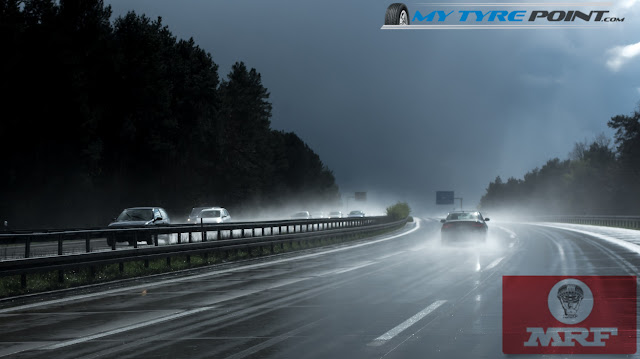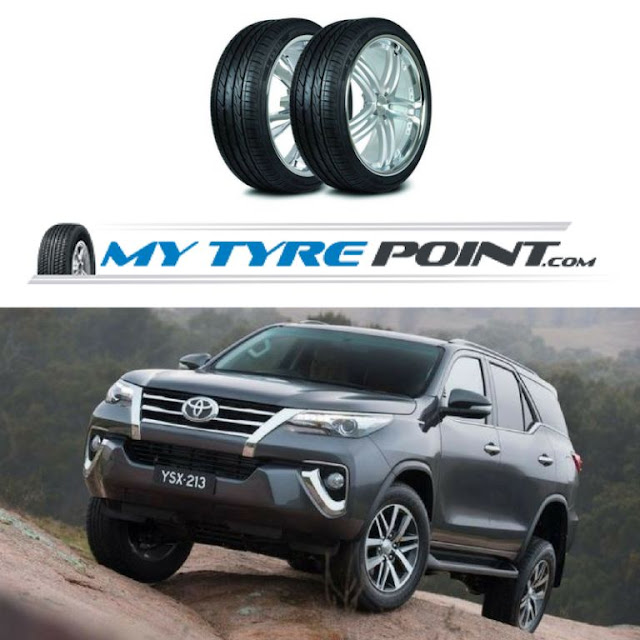Aquaplaning is real, yet invisibly danger
Hydroplaning
or aquaplaning happens when the water between road surface and tyres cannot be
evacuated as quickly. The layer of water starts building up in the tyre’s
front, and then the pressure of water exceeds pressure of tyre on road,
eventually resulting in the tyres losing the contact with the road.
The
loss of control and traction then causes the tyres to slip and stops the cars
from responding to braking, accelerating and steering. Thus, your vehicles can
start to skid, spin and go out of control. This can become a potentially
harmful situation.
How to reduce or prevent aquaplaning
If you want your vehicle to stay under safe conditions and enjoy a safe, comfortable ride, make sure that your tyre has a sufficient pressures. A tyre with insufficient pressures increases the risk of hydroplaning. When the tyre pressures are below than 30 per cent, the professionals recommend replacing them with a new MRF tyre because there is increased risk of aquaplaning.
Check
your tyre depth and tyre wear
The
deeper the tread depth, the more safer and comfortable will be the ride. The
more tread depth you have left on your tyre, the better you can channel the
water and disperse it easily. Deeper tread depth will reduce the risk of
hydroplaning.
Reduce
your speed
Don’t
drive on very high speeds when you are approaching large puddles, potholes and
areas of standing water. Drive slowly on
such areas, it will reduce the aquaplaning risk.
What causes aquaplaning?
The presence of excess water can make your car lose the contact from the road surface. Tyres when travelling through large puddles pushes a wave ahead of it. When the tread hits the water at the front of tyre contact patch enhances the water pressure.
But when the pressure becomes larger than average tyre pressure than the tyre will not be able to evacuate the water and it will also lift the vehicle speed. The higher the speed of vehicles, the higher will be the affecting road holding. In order for tyre to run properly on water surface, the tyre must be able to channel the water effectively and restore dry contact.
Most potential hydroplaning incidents can be prevented by using good quality tyres. Experts suggest to buy MRF tyres because they have the ability to resist aquaplaning.





Comments
Post a Comment